The Kurram district of Northwestern Pakistan saw a flare-up in sectarian tension after gunmen of a Sunni tribe attacked a convoy of buses carrying Shia pilgrims on November 21st, resulting in 42 deaths. Survivors of the attack reported automatic fire smashing through the bus windows and killing fellow passengers around them, as well as hostages being taken away by the attackers. Pakistani security forces failed to fight off the attackers, leading to protests by Shia Muslims all across Pakistan, blaming the government for failing to protect their fellow worshippers.
Shehbaz Sharif, Pakistan's Prime Minister, condemned the violence, stating: "The enemies of peace in the country have attacked a convoy of innocent citizens, an act that amounts to sheer brutality."
This region is home to local tribes hailing from both Sunni and Shia sects of Islam, with around half of the local 800,000 being Shia. The Islamic Republic of Pakistan at large is Sunni, leading to accusations of bias in the security forces.
The convoy ambush was not to be the end of the fighting, as forty-eight hours later, gunmen from the Shia tribe took a retaliatory act against local Sunni tribes, leading to a major escalation.
During the night of November 23rd, a Sunni town not far from the ambush site came under attack by "hundreds of gunmen", according to locals. Gunfire was heard throughout the night, and markets were set ablaze as the two sides exchanged fire. Security forces arrived on site in an effort to quell the violence, but as of Sunday morning in Pakistani time, violence is still ongoing in the Kurram region.
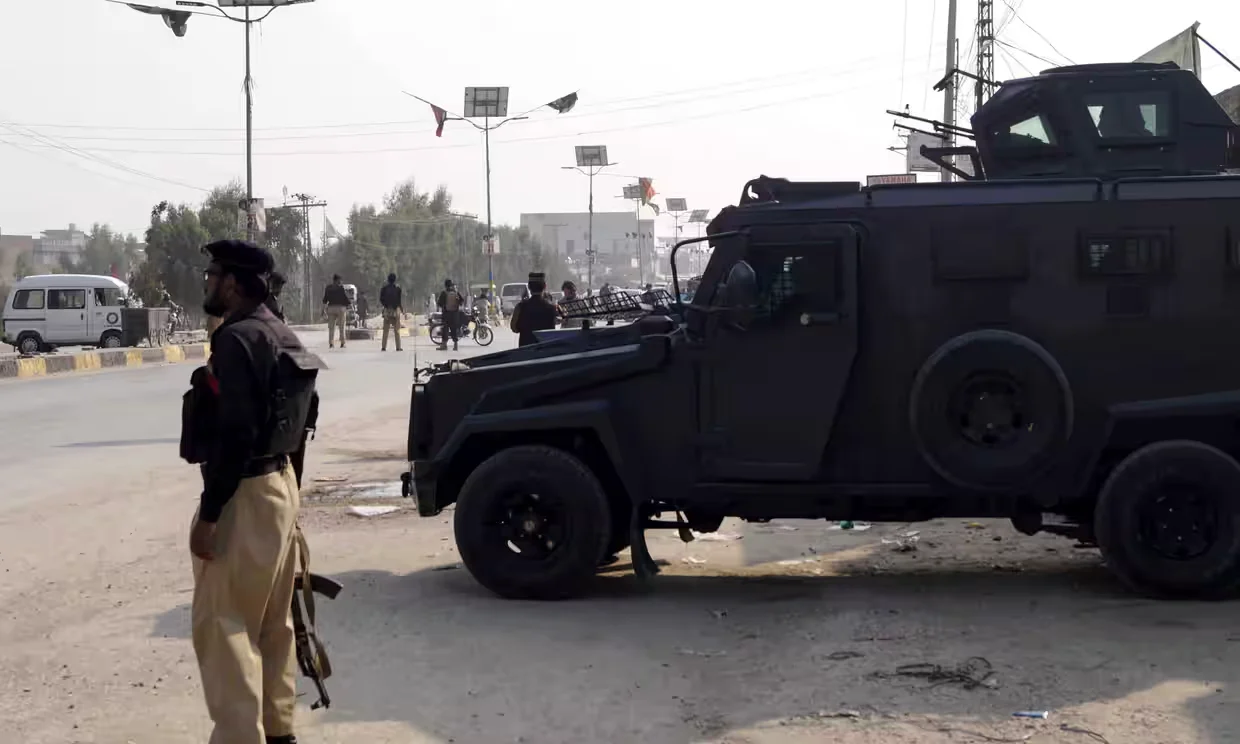
Sectarian violence is not new to the region. The Pakistani government has long struggled with establishing governance in the Khyber Pakhtunkhwa region due to a lack of development and the mountainous terrain. The close proximity to Afghanistan has seen Sunni Islamist groups such as Islamic State-Khorasan Province and the Tehreek-i-Taliban (Pakistani Taliban) operating on both sides of the border.
Shia regions have traditionally had better development and stronger socio-economic opportunities, leading to resentment and easy recruitment for Islamist groups among the Sunni community. While there is no definitive proof that these groups took part in the recent sectarian violence, the possibility of transnational terrorist organizations cannot be ruled out.
Both Thursday's and Saturday's attacks come amidst accusations that Pakistan's government has failed to rein in the violence. Security forces took hours to respond to the overnight gun battles as Sunni villages came under attack. Survivors reported fleeing home out into the bitter cold amidst the fire spreading through their village, erupting as Shia attackers poured petrol on markets and homes. Some reports claim upwards of 300 shops and 100 homes were burned in the night.
As of early Sunday morning local time, the violence in Kurram has not ended, with local gun battles and hostage takings still reported. The remote mountainous geography makes any potential government response difficult. The death toll is one of the largest in recent years from any violent flare-up in Pakistan, with full numbers likely much higher than currently reported as the tensions continue.



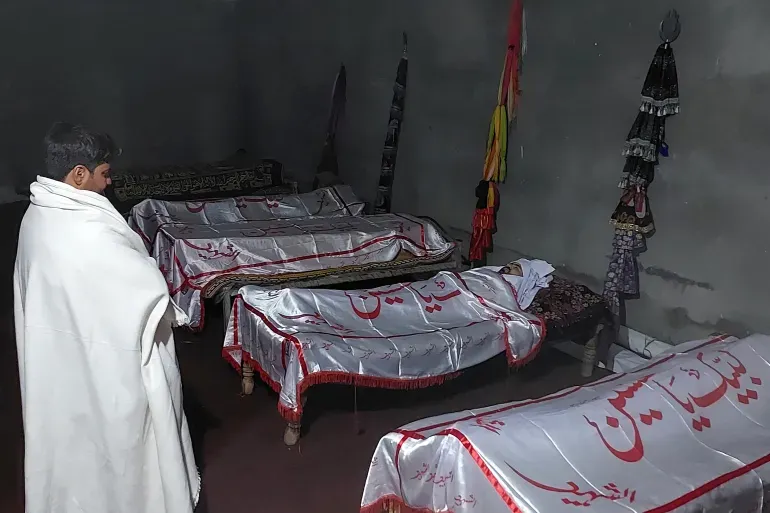
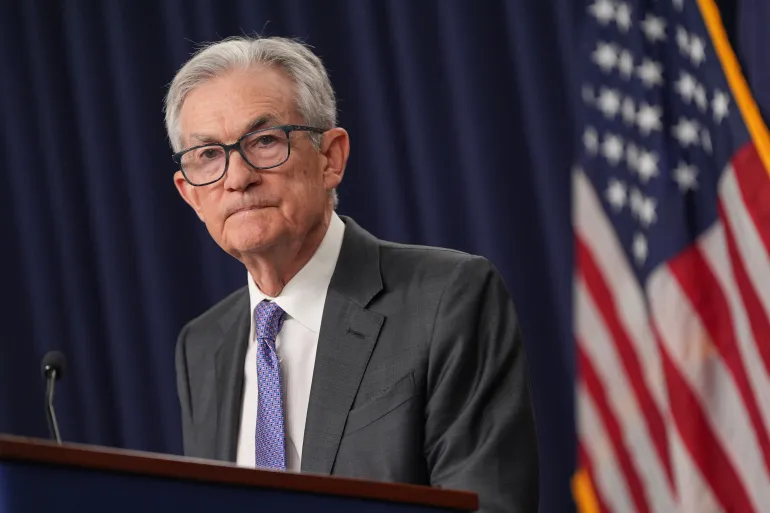

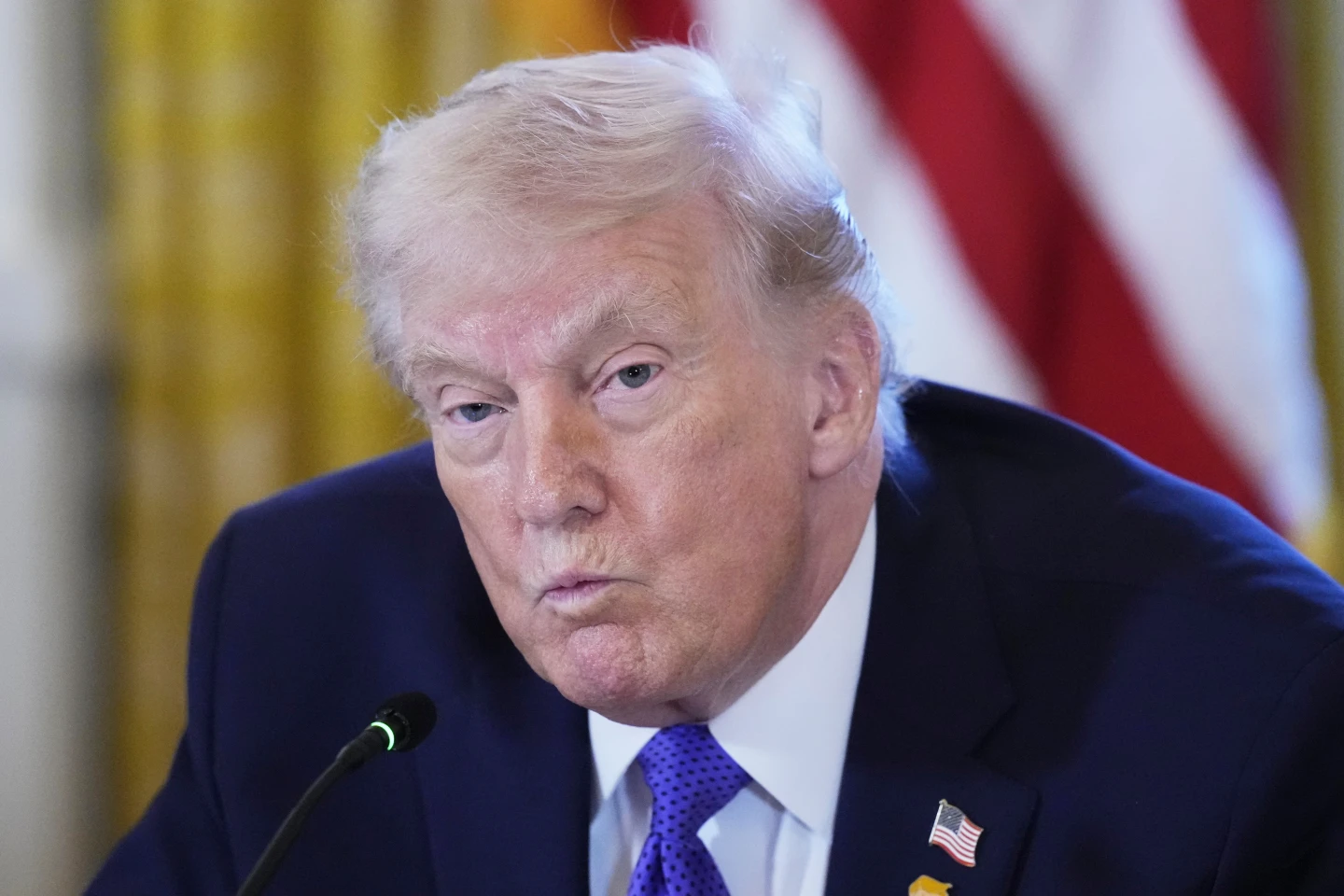
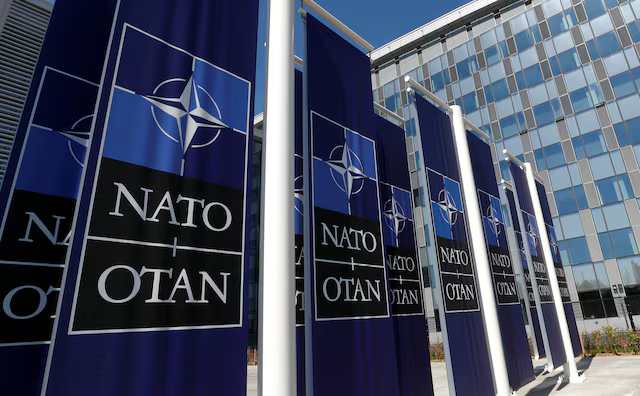
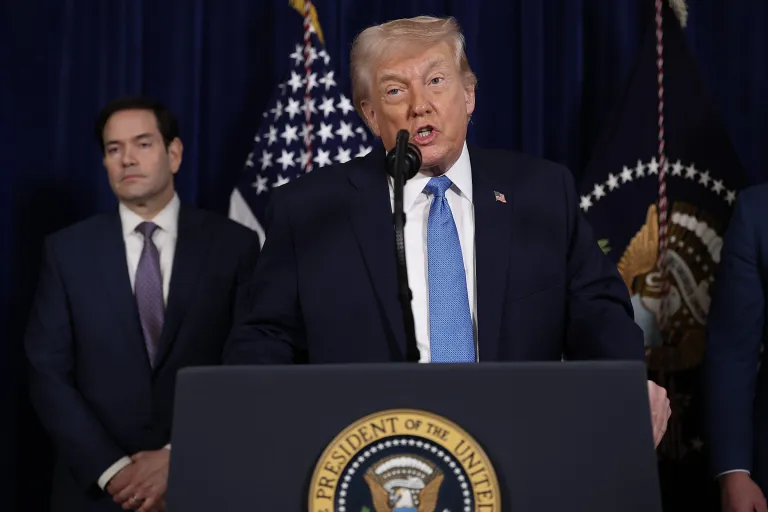
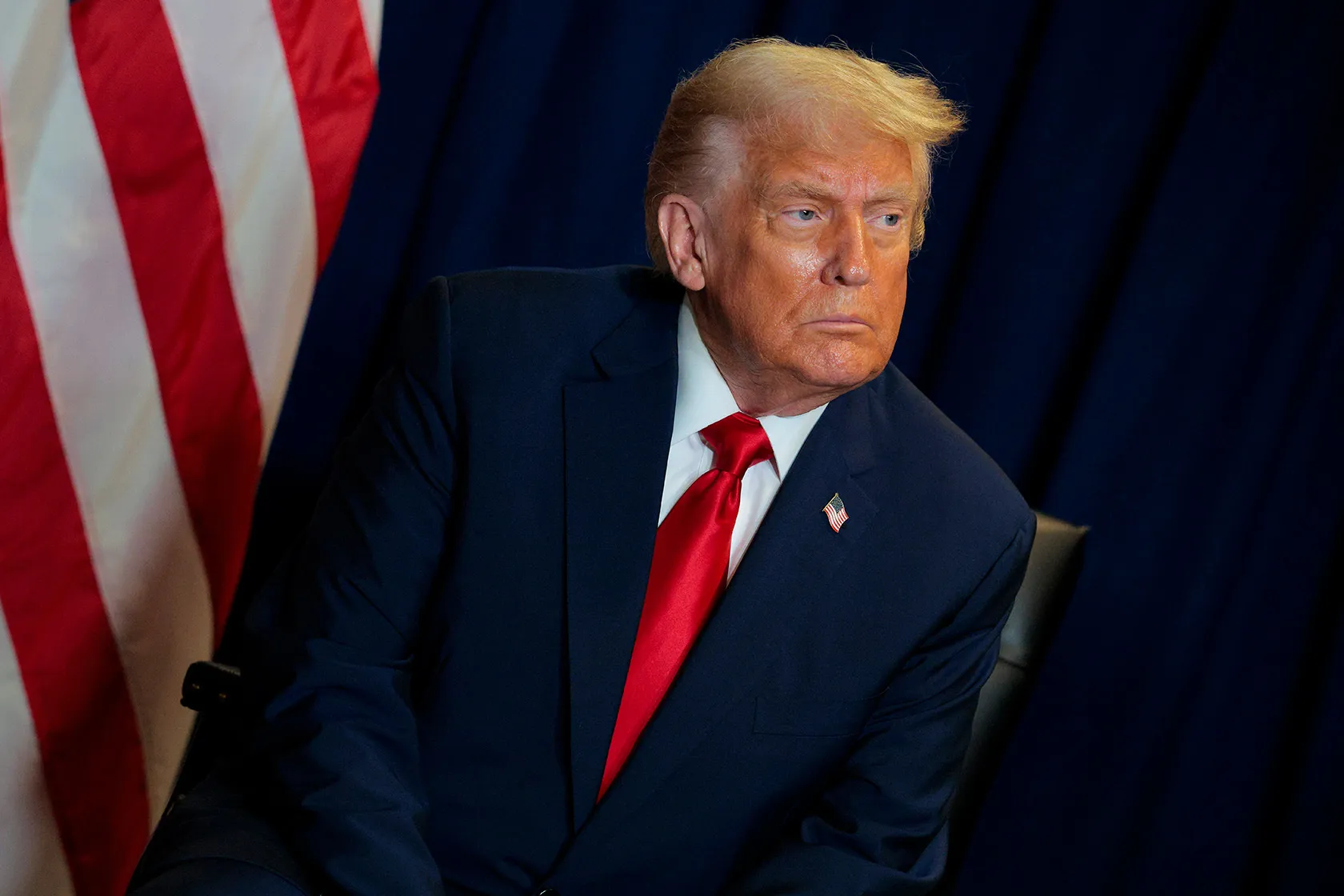
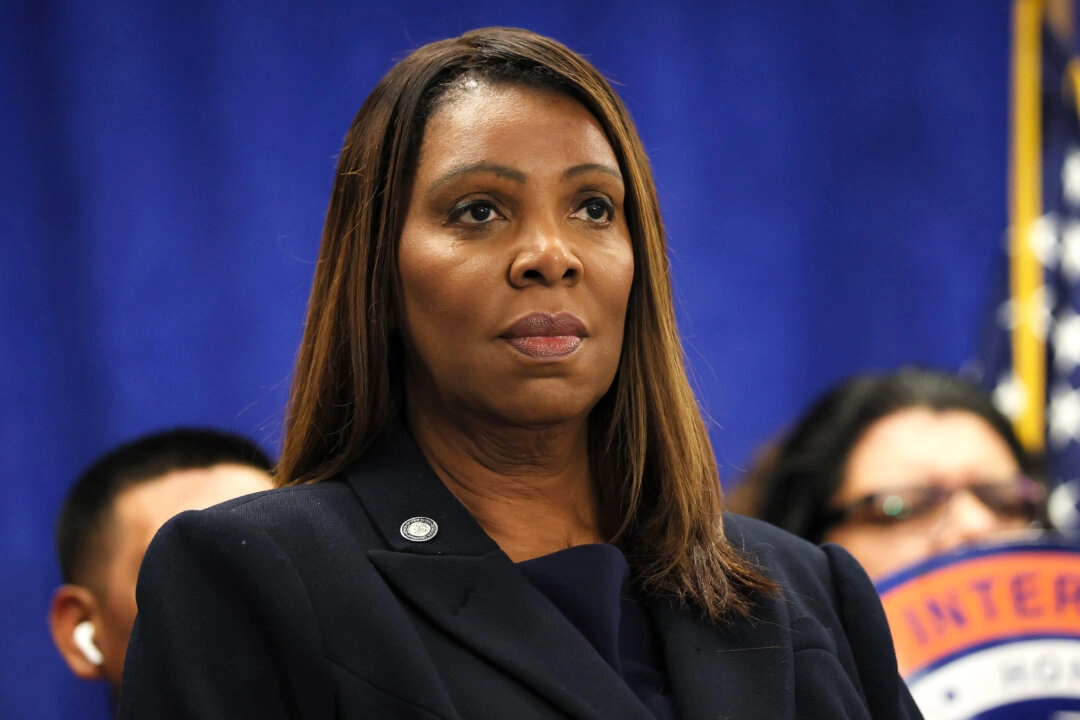
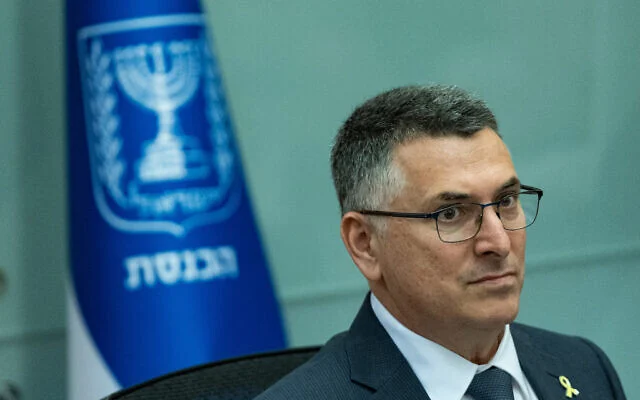
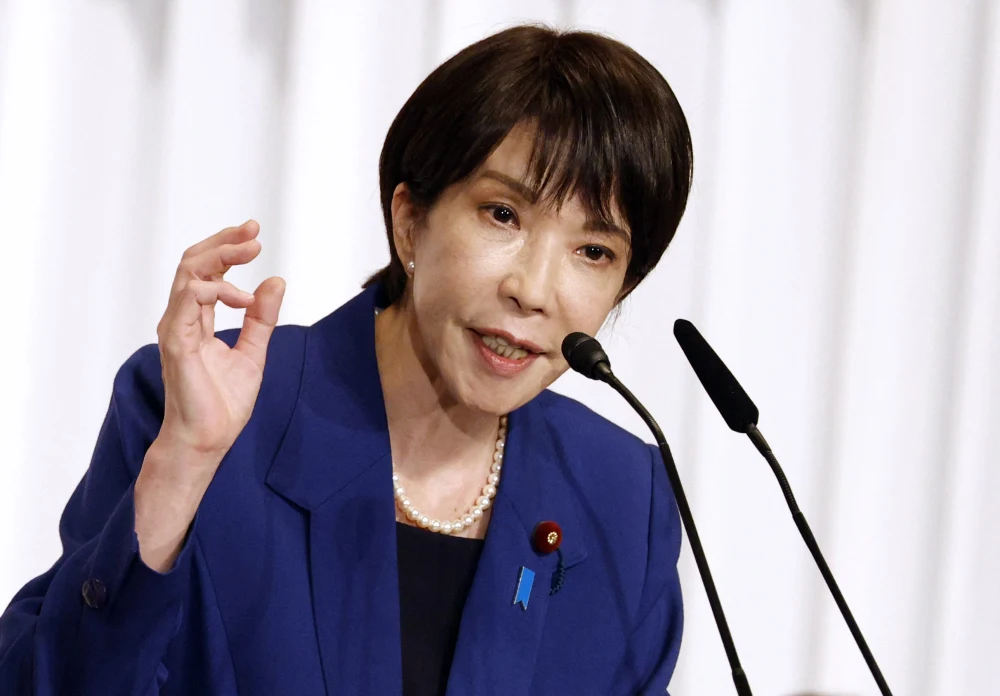
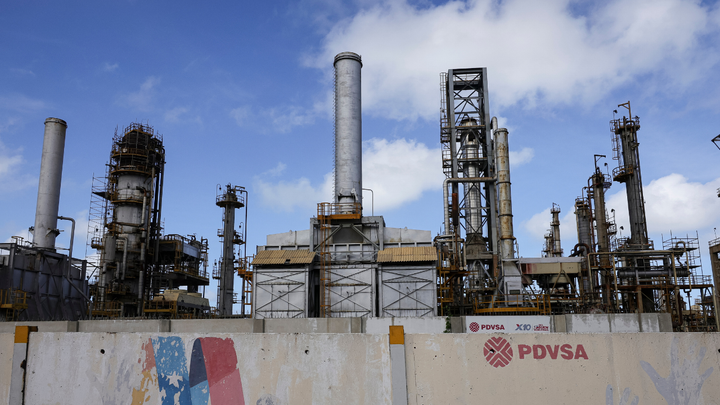
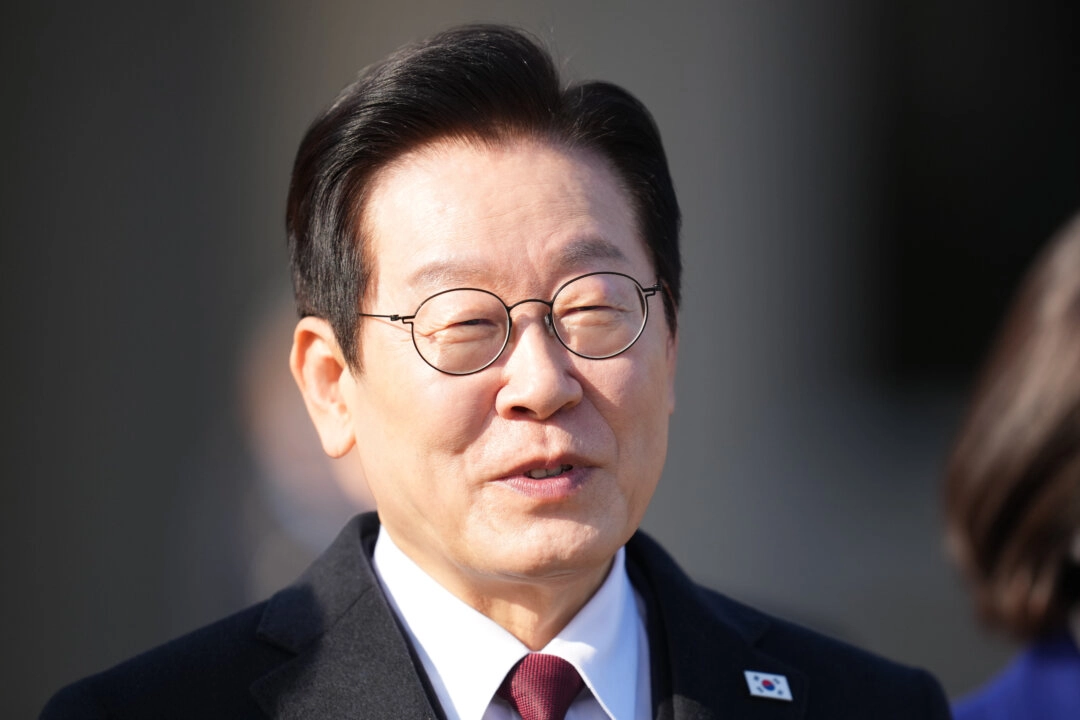
Discussion